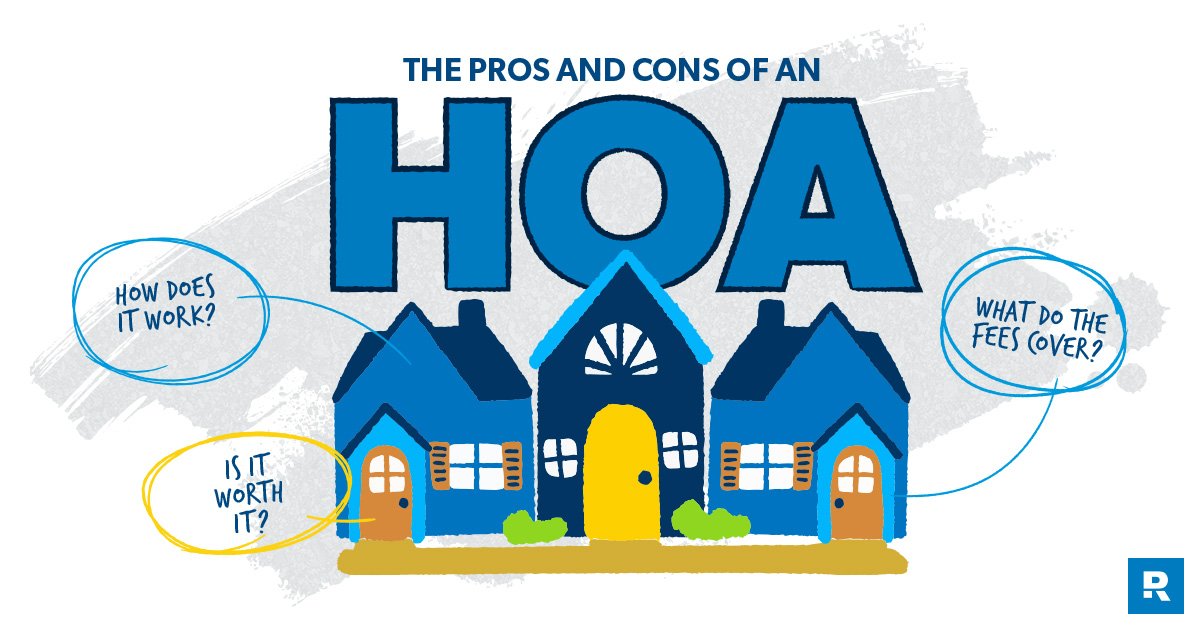Homeowners Associations (HOAs) play a significant role in maintaining the quality and appeal of communities by exercising specific legal powers. These powers ensure that community standards are upheld, protecting property values and enhancing the living experience for all residents. In this article, we explore four key legal powers that HOAs commonly possess, focusing on their roles in enforcing rules, collecting dues, imposing fines, and creating and amending regulations.
Enforcing community guidelines
One of the primary responsibilities of an HOA is to enforce community rules and regulations. These guidelines are established to maintain a certain standard of appearance and promote harmonious living within the neighborhood. To achieve this, HOAs often conduct regular inspections and respond to reports from residents regarding potential violations.
When a violation is identified, the HOA starts a process to address the issue, typically beginning with a written notice to the homeowner outlining the nature of the violation and the specific rule being breached. Homeowners are usually given a timeframe to rectify the issue and have the opportunity to present their side of the story. This ensures that due process and fair treatment are upheld.
In cases where homeowners fail to comply, the HOA may impose penalties, such as escalating fines. In severe cases, an HOA might consider placing liens on properties, which can lead to foreclosure if unresolved. Understanding and following HOA guidelines is essential for homeowners to avoid such penalties and contribute positively to their communities.
Collecting HOA dues online
Another critical power of HOAs is the ability to collect assessments and fees, which are necessary to fund the community’s operations. These assessments are vital for maintaining common areas and other shared resources. HOAs often determine the amount of these dues based on an approved budget, and they may be collected monthly, quarterly, or annually.
To streamline the payment process, many HOAs have shifted to collect HOA dues online that allow homeowners to pay dues from the convenience of their homes. This method not only simplifies the process but also ensures timely collection. Homeowners are informed about the payment details well in advance, with options available for checks, electronic transfers, or online services.
When homeowners fail to meet payment deadlines, HOAs have the legal authority to enforce collection. One common strategy is placing liens on properties with unpaid dues. Additionally, some HOAs may take legal action or employ collection agencies to recover the funds. Following fair practices and transparent communication is essential in maintaining a healthy financial relationship between HOAs and homeowners.
Imposing fines for rule violations
Fines are a crucial enforcement tool for ensuring compliance with HOA rules. When a resident violates a regulation, the HOA typically initiates a process of notifying the individual and providing an opportunity for explanation or dispute before imposing any penalties.
Fines are generally specified in the governing documents of the HOA, and these documents outline the procedures for imposing penalties. HOAs usually adopt a progressive approach to fines, allowing for warnings or notices for first-time offenses before escalating to financial penalties for repeated or severe violations.
The revenue from fines often supports community operations and maintenance, enhancing the neighborhood’s quality. HOAs are guided by a mandate to ensure fines are reasonable and justifiable, adhering to the principles of due process and fairness to maintain trust and cooperation within the community.
Creating and amending community rules
HOAs have the authority to both create and amend community rules, ensuring they remain relevant and effective in governing the neighborhood. These rules are outlined in documents such as the declaration and bylaws, which provide the framework for community standards.
The process of adopting or amending rules typically involves proposed changes being communicated to homeowners, who are then given a chance to review and comment. In some cases, a certain threshold of homeowner approval is necessary, which may be achieved through voting or written consent.
Updating rules allows HOAs to address new issues or refine existing guidelines, covering areas such as architectural standards, amenities, parking, and noise restrictions. The emphasis is on fostering a balanced approach that considers both community needs and individual rights, ensuring a democratic process that values transparency and homeowner engagement.
Conclusion
HOAs hold significant legal powers that help maintain the structure and standards of their communities. By enforcing rules, collecting dues, imposing fines, and creating or amending regulations, HOAs work to provide a stable and harmonious living environment. Understanding these powers is crucial for homeowners, as adherence and collaboration with their HOA contribute to the overall success and longevity of the community.

